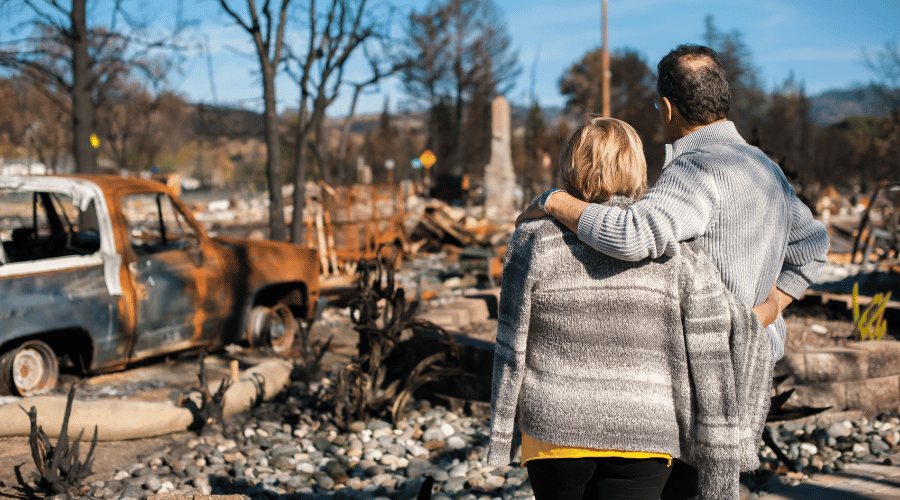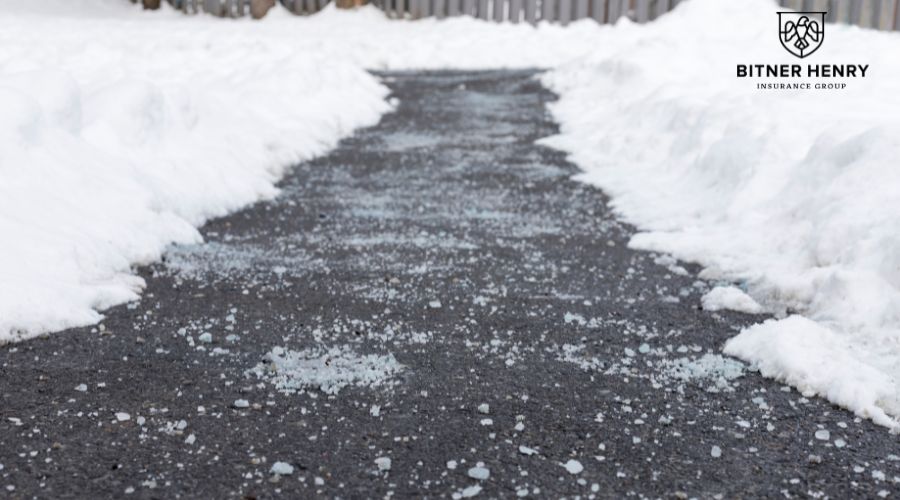
In 2023, the United States experienced 25 weather and climate disasters with damages exceeding $1 billion—the largest number on record in more than 40 years—according to the National Oceanic and Atmospheric Association (NOAA).
“This is the most events identified not only for this 10-month period, but also the most events during that single calendar year since we began tracking these records in 1980,” Karin Gleason, the monitoring section chief of NOAA’s National Centers for Environmental Information (NCEI), said during the agency’s monthly report call.
These events resulted in more than $73.8 billion in damages and caused significant economic effects on the areas impacted. Based on NOAA’s estimates, the disasters also led to 464 direct and indirect fatalities.
Gleason reported that in the first 10 months of 2023, they tracked 19 severe storm events, two flooding events, one drought event, one tropical cyclone event, one wildfire event and one winter storm event.
Among the most recent billion-dollar disasters that NOAA recorded was a hailstorm event that impacted Texas, Oklahoma and Missouri in September, resulting in damages worth $1.3 billion.
NOAA also reported that, in October, the average temperature in the U.S. was 56.1 degrees Fahrenheit (two degrees above average), which made it the 18th warmest in the 129-year record. Among the states, Maine ranked second warmest on record for October, while Vermont and New Hampshire each ranked third warmest on record.
In terms of precipitation, the U.S. saw a total of 2.14 inches, which was 0.05 inches below average, according to the agency. According to its report, no state ranked in their top-10 wettest month on record for this period, while North Carolina had the 10th driest October on record.
Since NOAA began tracking billion-dollar disasters in 1980, the U.S. has seen 373 separate weather and climate disasters where overall damages for each event reached or exceeded $1 billion. The total cost of these 373 events exceeds $2.65 trillion, the agency’s report noted.
The content of this News Brief is of general interest and is not intended to apply to specific circumstances. It should not be regarded as legal advice and not be relied upon as such. In relation to any particular problem which they may have, readers are advised to seek specific advice. © 2023 Zywave, Inc. All rights reserved.
Further Reading

Snow and Ice Removal Guide for Businesses
Bitner Henry Insurance Group provides this free snow and ice removal guide for businesses. This guide covers: How to make a Snow and Ice Plan How to...

Is my Housing Manager entitled to Worker’s Compensation?
You want to treat your employees fairly and ensure they receive the care they need if they are injured on the job. Many recovery programs choose to...
